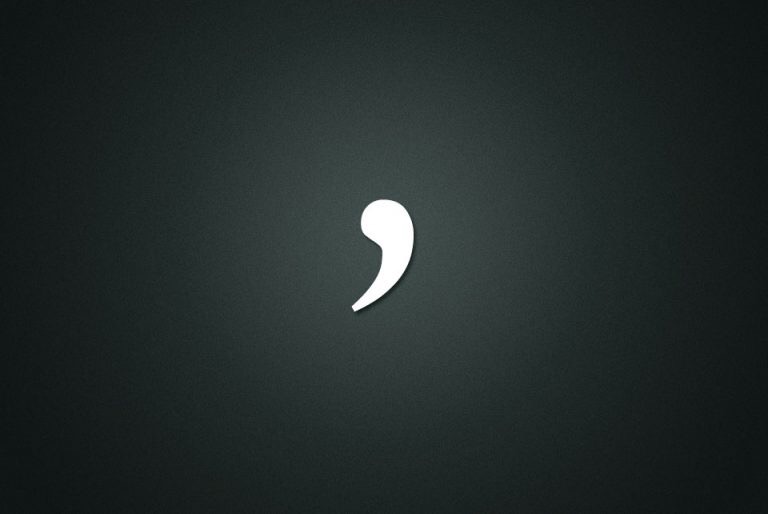
Why an extra comma matters

Proponents of the Oxford comma argue it’s necessary to avoid potential ambiguity.
In the example sentence, it’s clear I like three types of food in and of themselves. Remove it and the sentence reads, “I like cake, pizza and ice cream” — leading to the potential to read the last two items as one combination item. I no longer like pizza and ice cream on their own, one could argue; I like pizza and ice cream only when they’re together. (Not that there’s anything wrong with that.)
It was precisely this type of ambiguity that led to the Maine case.
The $10 million comma
In this class action lawsuit, drivers for Oakhurst Dairy sued the company over its failure to grant them overtime pay. According to Maine law, workers are entitled to 1.5 times their normal pay for any hours worked over 40 per week. However, there are exemptions to this rule. Specifically, companies don’t need to pay overtime for the following activities:
The canning, processing, preserving, freezing, drying, marketing, storing, packing for shipment or distribution of:
- Agricultural produce;
- Meat and fish product; and
- Perishable foods
Note the end of the opening line, where there is no comma before the “or.”
Oakhurst Dairy argued its drivers did not qualify for overtime because they only engage in distribution, and the spirit of the law intended to exclude only packing — whether it was packing for shipment or packing for distribution.
However, the drivers argued the letter of the law said no such thing. Had there been an Oxford comma, it would be clear the law intended to exclude “packing for shipment” and “distribution” as two separate exempt activities.
Without that comma, as the judge maintained, this distinction was not clearcut:
Specifically, if that exemption used a serial comma to mark off the last of the activities that it lists, then the exemption would clearly encompass an activity that the drivers perform. And, in that event, the drivers would plainly fall within the exemption and thus outside the overtime law’s protection. But, as it happens, there is no serial comma to be found in the exemption’s list of activities, thus leading to this dispute over whether the drivers fall within the exemption from the overtime law or not.
As a result, the court found in favor of the drivers, costing the dairy an estimated $10 million.
Source: https://thewritelife.com/is-the-oxford-comma-necessary/






























